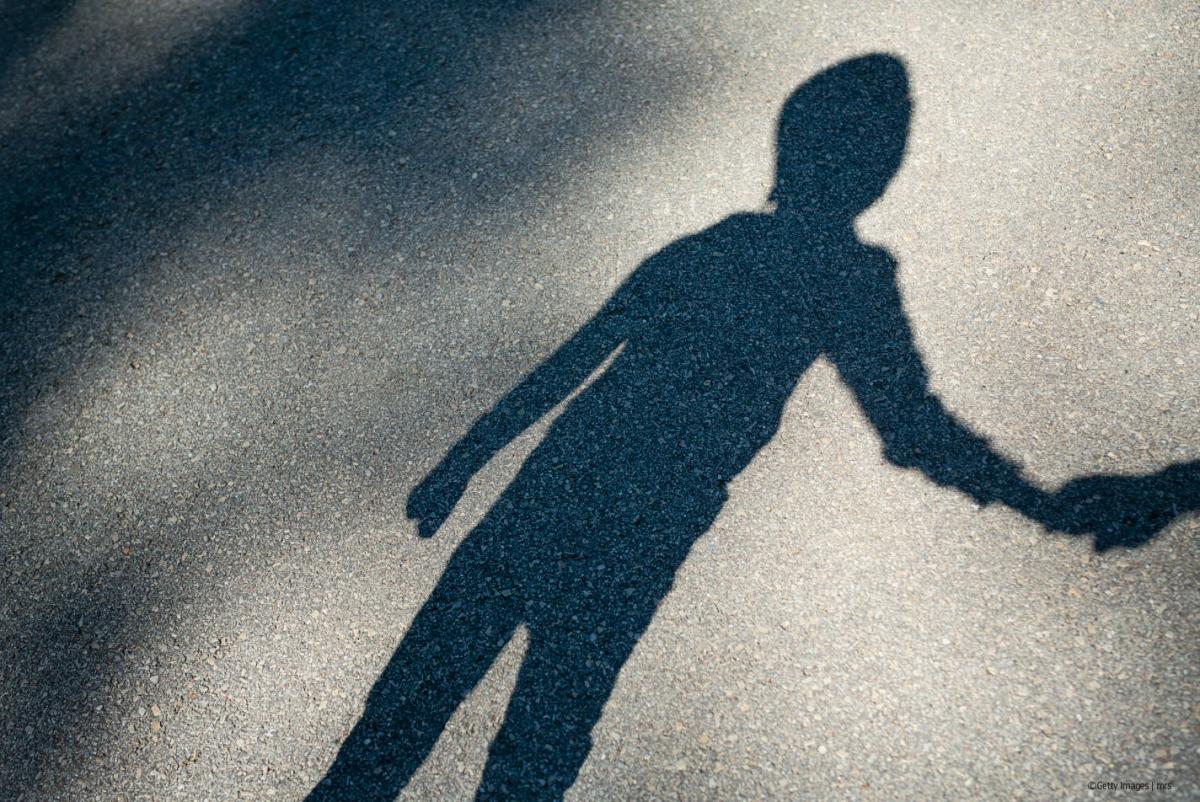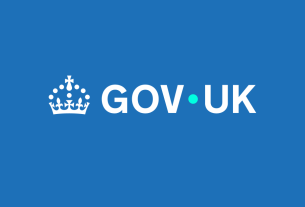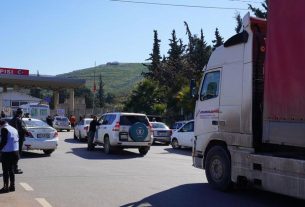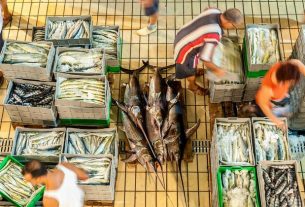Trafficking in human beings is a violation of fundamental rights and a serious form of organised crime. On 18 October, EU Anti-Trafficking Day, we raise awareness about this terrible reality which affects around 7 000 victims each year in the EU, 15% of whom are children. In the spirit of raising awareness, let us take a look at what the EU is doing to combat human trafficking.
The EU’s actions against trafficking are centred around the EU Anti-trafficking Directive, a legal act that is victim-centred, gender-specific, child sensitive and anchored in human rights. It establishes
- minimum rules concerning the definition of criminal offences and sanctions
- common provisions to strengthen victim’s protection, assistance and support, as well as prevention
- key actors to fight against the crime
This Directive was revised in June 2024 to provide stronger tools for law enforcement and judicial authorities. To complement this, the EU has a dedicated strategy that seeks to prevent crime and protect and empower victims.
Overseeing the EU’s work in this area is the EU’s Anti-Trafficking Coordinator, Diane Schmitt. She is responsible for improving coordination and coherence among EU institutions, EU agencies, EU countries and international actors and for developing existing and new EU policies.
Each EU country plays its part in tackling, preventing and identifying trafficking in human beings. In the links below you can find a page where you can access national hotline numbers for reporting a crime or seeking assistance. We all can play a part in putting an end to human trafficking!
For more information
What the EU is doing to combat trafficking
National anti-trafficking hotlines



